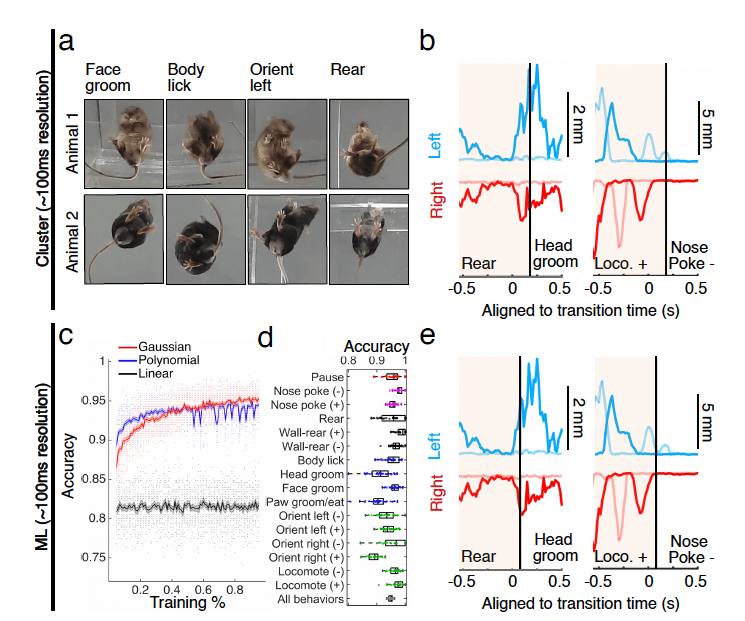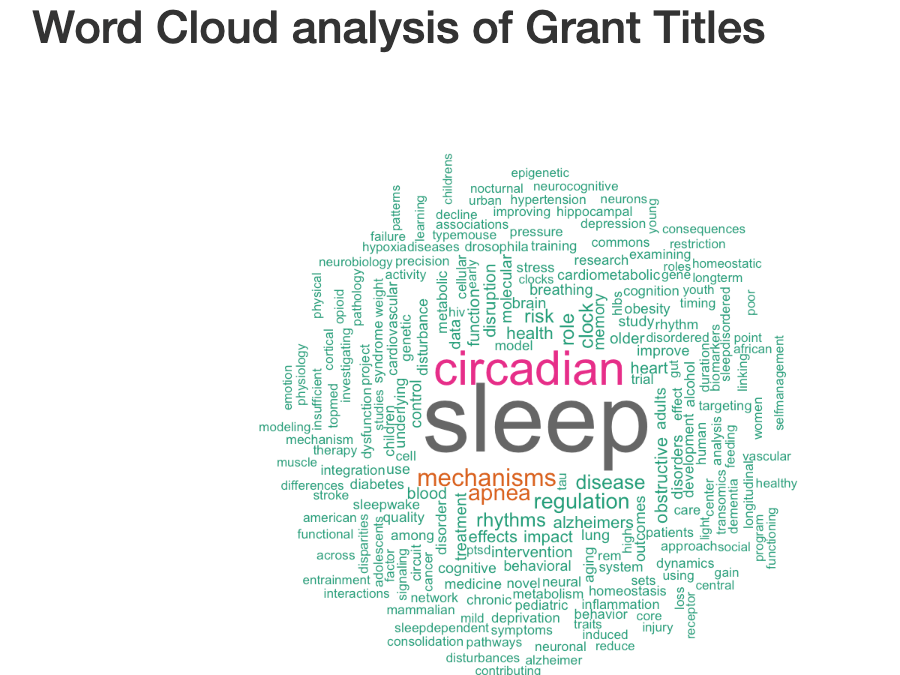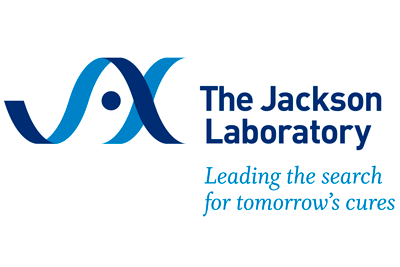Welcome
We are a group of geneticists, neuroscientists, and computer scientists who are passionate about discoveries of novel targets and models for mental illness through innovation at the confluence of computational, genetic, and genomic methods.
The Kumar Laboratory is located at the Jackson Laboratory in Bar Harbor, Maine. We study neural circuits in the brain whose misregulation leads to behavioral abnormalities including addiction, attention deficit hyperactivity disorder, and depression. Using mouse molecular genetics as a foundation, and a combination of computational, biochemistry, physiology, and imaging techniques, we dissect these complex conditions in mammals.
Latest Lab News and Blogs:

Kumar Lab hosts Dr. Eric Yttri for a virtual visit
Dr. Yttri, from Carnegie Mellon University, Department of Biological Sciences, presented his lab's latest work from this paper. The paper uses unsupervised learning to understand the types of behaviors mice carry out. Dr. Yttri met with postdocs, engineers, and...
PyTorch: keep the GPU busy
We all know it's important to use GPU resources efficiently, especially during inference. One easy and highly effective way to achieve this is to reorder some of your inference logic to exploit PyTorch's asynchronous GPU operations. This becomes especially important...
HE Plots at a glance
Multivariate response data are routinely generated from experiments carried out in our lab. For example, several interrelated gait metrics such as stride length, step length, limb duty factor etc. are extracted from each stride of the mouse. The goal is to gain...
Opinion – Collaboration without collaborators
Recently, I got a golden opportunity to be at NIDA headquarters attending a meeting where leading scientists in the field of addiction were discussing the face validity of different behavioral assays on animal models to study aspects of human addiction. The discussion...

Circadian and Sleep Research Support by NIH
I was part of a special emphasis study section last week titled - "Circadian Patterns of Gene Expression Associated with Disease" for RFA-HL-20-016. The RFA was sponsored by NHLBI and NIDA, so most of the proposals revolved around priorities of these two ICs. Program...
Transitioning from college to the lab
I finished my last semester of college pulling 3 AM thesis-writing sessions at the only restaurant that stayed open that late, chugging black teas and occasionally doing aerobics outside, making the other patrons uncomfortable. After turning in 98 pages of ramblings...
Singularity Container Efficiency Benchmark
Singularity is a relatively new tool that extends docker-style containerized compute into the hands of researchers on compute clusters. For security reasons, most compute clusters did not allow docker containers, and would require any software to be installed by...

Vivek attends the 2020 NIDA genetics consortium meeting
Vivek and Arojit attended the NIDA genetics meeting in Bethesda, MD. They presented two posters. Vivek presented our work on cloning of a mutation that regulates cocaine responses. This is a new gene that has not been linked to cocaine responses. Abstract from the...

Vivek gives lecture at Dartmouth
Vivek was invited to give a seminar at Dartmouth University by Dr. Gio Bosco and his postdoctoral fellow Shiva Sathyanarayana. Vivek spoke about the lab's work on Cyfip2 (work of postdoctoral Arojit Mitra, Kyungin Kim, and others). He also spoke about the lab's...
Vivek talks about addiction on WVOM radio in Bangor
Vivek was on the Ric Tyler and George Hale show https://www.wvomfm.com/episode/ghrt-rewind-07-17-kumar-jax-lab-addiction-research-1100/

Vivek Speaks at the Causeway Club on MDI
Vivek gave a lecture on the genetics of addiction at the Causeway Club on behalf of Acadia Family Center. The talk was attended by approximately 50 people. Dr. Dick Dimond also gave a talk preceding Vivek's talk.

2019 Gordon Research Conference – Neuroethology
The Kumar Lab attended the 2019 Gordon Research Conference on Neuroethology - Multimodal Strategies for Behavioral Control: Molecules, Neurons, Circuits, and Behavior in West Dover, Vermont from July 28 - August 2. Arojit presented the following poster - Enhanced...
